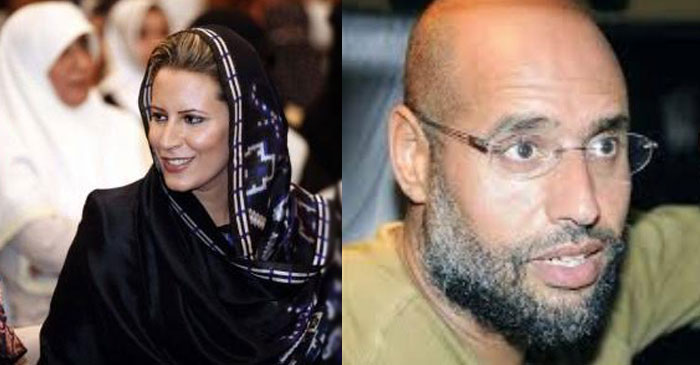
The one year anniversary of the General National Accord (GNA) created by the UN and headed by Prime Minister Fayez Serraj is today. It's timely to observe that that government, one of three, but the only one recognised by the West has achieved absolutely nothing whatsoever to improve or even have a significant impact on Libyan affairs. To compound this an acute emergency has emerged in the last 24 hours revolving around further direct sales by Cyrenaica (East Libya) of oil bypassing Tripoli and the West. If this remains unresolved it would be my assessment that the country would be split into two. This is causing tremendous in fighting between National Oil Company (NOC) and a variety of diverse interests.
And It was only a week ago that the Misrata Military Council claimed it had overthrown the Misrata Local Council, a locally elected body with the city’s business community. Tensions are escalating between more ‘moderate’ Misratan factions, who largely support the Government of National Accord (GNA) in Tripoli, and more’ hardliner’ factions who are opponents of both the GNA and Haftar and largely support "the other PM" Ghwell’s National Salvation government which was evicted from Tripoli. Many are surprised that Misrata, after a successful campaign to oust Islamic state from Sirte would turn on each other.
This Misrata drama is part of a new dynamic that is entering the Libyan Civil War. But there is an emerging trend that is going to shock the world: The Qaddafis may be seeking a Truth and Reconciliation Commission, similar to South Africa’s, in order to bring unity to the country. Specific Libyan tribes are backing the Qaddaf clan and perhaps with the backing of Field Marshall Khalifa Haftar, a new attempt at unification may appear that ousts the GNA and other Tripoli militias for good from the political scene.
When Islam al-Saif was released from his Zintan prison, the question to what role he could play in the war-torn country became relevant. Saif is contacting people inside Libya and abroad who are supporting him, trying to come up with his own plan to salvage the country. To boot, Saif is playing a role now in Libya’s tribal structure. Most of the tribes that supported his father, Muamar Qaddafi, see him as a redeemer and are willing to support him as a leader in any political process to bring about national reconciliation.
It is to this point that national reconciliation must be addressed. South Africa’s process helped to unify the country after decades of Apartheid.
What makes all this possible for the Qaddafis maybe (but unknown) is LNA Field Marshall Khalifa Haftar. Haftar is close to Elders of Warfalla tribe that give him their support in the war against terrorism. Warfalla tribe is the biggest tribe in Libya located in Bani Walid and Sirte area, the Warshfana tribe is second located to the South West of Tripoli. Both tribes are from the west of Libya and both are against extremists and very sympathetic to Qaddafis. Importantly, the tribes believe that the Qaddafis can reach an accommodation with Libyan parties to forgive crimes committed by some rebels since 2011. Already, results are being seen: In the past week, other Libyan authorities have recently released some Qaddafi era nobles from prison in support of the Qaddafis.
While the limelight is on Saif, his sister Aisha Qaddafi also is generating attention. Aisha is a pragmatic and sensible Libyan with acute political acumen and a sharp wit.
Now with Aisha's victory this week in the European Court of Justice against the UN Security Council-sponsored sanctions may very well be the first indicator of the release of frozen Qaddafi money. Billions of dollars lie in frozen funds belonging to the Libyan people. Together with her brother, both Qaddafi’s can begin to work in tandem to work together with all Libyans to rescue the country from its dreadful plight.